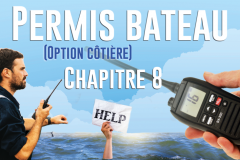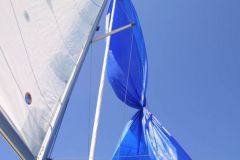While sailing at night you can admire the starry sky which seems to revolve around the North Star. You may have the chance to see phosphorescent plankton illuminating your wake or dolphins.
And even without that, you will feel like you have experienced an adventure, because night sailing is always a challenge. Neophytes are even surprised that it is possible to sail without a "lighthouse" and wonder how to navigate in the dark.
Night sailing is also a time when the crew meets in small groups. Space is shrinking and bringing people closer together.
To enjoy your night sailing without anxiety, take the time to prepare yourself well. Let's look at some basic rules to ensure a memorable experience.
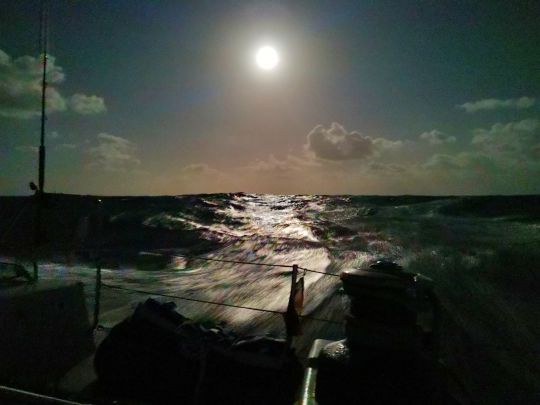
1- Start little by little
First, to get used to it, we advise you to leave and return from a familiar port at night. Just do this channel exercise to gain confidence.
Then, plan a few departures at dawn and some almost nocturnal arrivals.
For your first night at sea, choose a very manageable weather and a clearly visible moon phase.

2- Prepare the navigation
It's not insignificant to move in the dark. Here again, anticipation is the key to success. Study your maps, identify fishing and commercial ports to plan for possible meetings. Make a road book, note the tide times, daybreak... Remember that not all beacons are illuminated, but they are all indicated on a (updated) map.
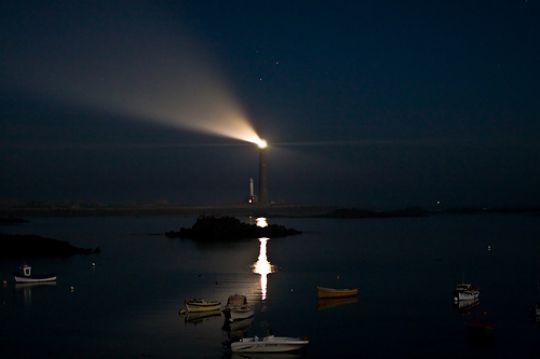
3- Knowing how to recognize lights and marks
Before going to sea at night, know how to recognize the lanterns (the signature of the lights of the markings and the ships). This is essential, because at night, they are your reference points at sea. With a little practice, we will realize that, thanks to fires, we have an excellent representation of important landmarks and dangers.

4- Security
Put on your vest and attach vous?! It cannot be repeated too often, the lifejacket is essential, but the lanyard is more important. Indeed, floating is good, but not falling is better. What is valid during the day is even more so at night.
5- No precipitation
Take your time! At night, it is advisable to slow down your boat a little or at least not to push its speed. Do what you know best to limit the risks. At night, we look for security. Be aware that your reaction and manoeuvring times are always longer in the dark, so make it simple and easy.
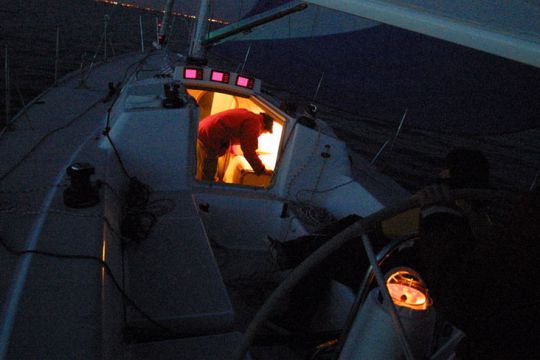
6- The day before and the watches
Even more than in broad daylight, it is really essential to be on auditory and visual watch (lights). This is not contemplation, concentration is required. So, do not hesitate to set up watches that will always ensure that you have a fresh and available watchman.
Despite the beauty of the starry night, you will have to accept to go and rest even if you do not feel tired. The worst scenario is a crew that stays up all night and collapses like a single man before daybreak.
7 - Dress warmly
By definition, at night you will not have the heat of the sun, and it can be very cold even if the day has been hot. The choice of equipment is one of the keys to success. You can't enjoy it if you're shivering in the cold.


 /
/ 




